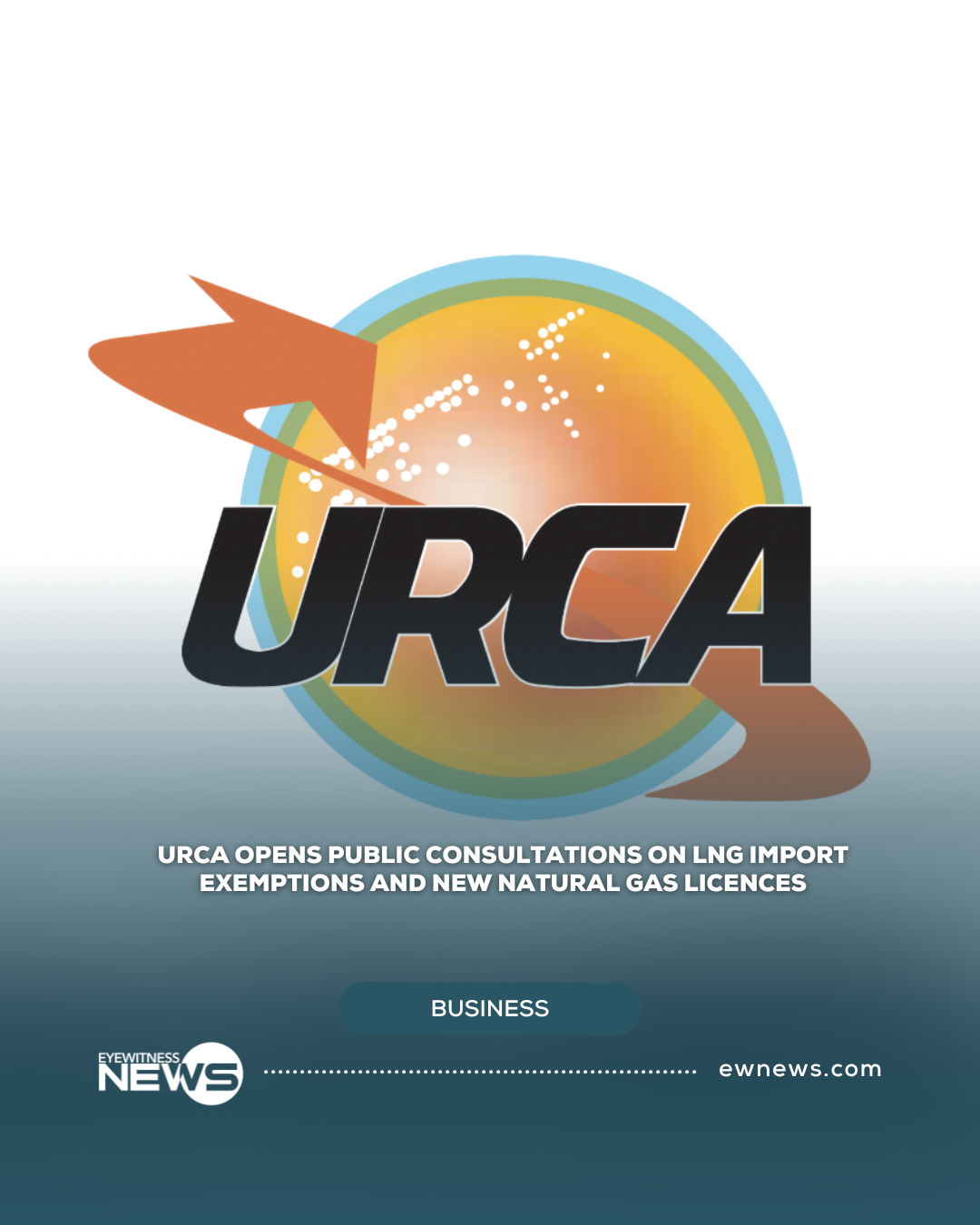NASSAU, BAHAMAS- The Utilities Regulation and Competition Authority (URCA) has launched two new public consultations designed to shape the regulatory framework for the natural gas sector, a move expected to influence how liquefied natural gas (LNG) and other gas activities are managed in The Bahamas.
The consultations come as part of URCA’s mandate under the Natural Gas Act, 2024, which established the authority as the independent regulator for the sector. Officials say the proposed measures are critical to balancing efficiency, environmental protection, and the nation’s long-term energy strategy.
The first consultation paper (NGS 05/2025) proposes exemptions for vessels arriving in The Bahamas with LNG stored in their fuel tanks solely for propulsion and ship operations—not for commercial resale. URCA noted that subjecting such vessels to licensing rules designed for importers could create a disproportionate regulatory burden while doing little to advance safety or transparency.
The second consultation (NGS 06/2025) introduces new draft supplementary licences covering LNG importation, terminal development, and pipeline construction. These draft licences are intended to bring greater clarity and accountability to developers and operators participating in the country’s emerging natural gas industry.
“These consultations are about ensuring that our regulatory measures are fair, proportionate, and aligned with both international best practices and The Bahamas’ National Energy Policy 2025–2030,” URCA said in a statement. “We want to support investment and innovation in the natural gas sector, but at the same time protect consumers and safeguard the environment.”
The exemption proposal is expected to be particularly relevant for cruise lines and cargo carriers that are increasingly transitioning to LNG to meet international decarbonization requirements. Without such an exemption, LNG-fueled vessels could be caught in an unintended licensing net simply for carrying their own fuel.
At the same time, the new licensing regime is positioned as a key step in attracting investment into LNG infrastructure, ensuring that import facilities, terminals, and pipelines are developed to the highest safety and efficiency standards.






